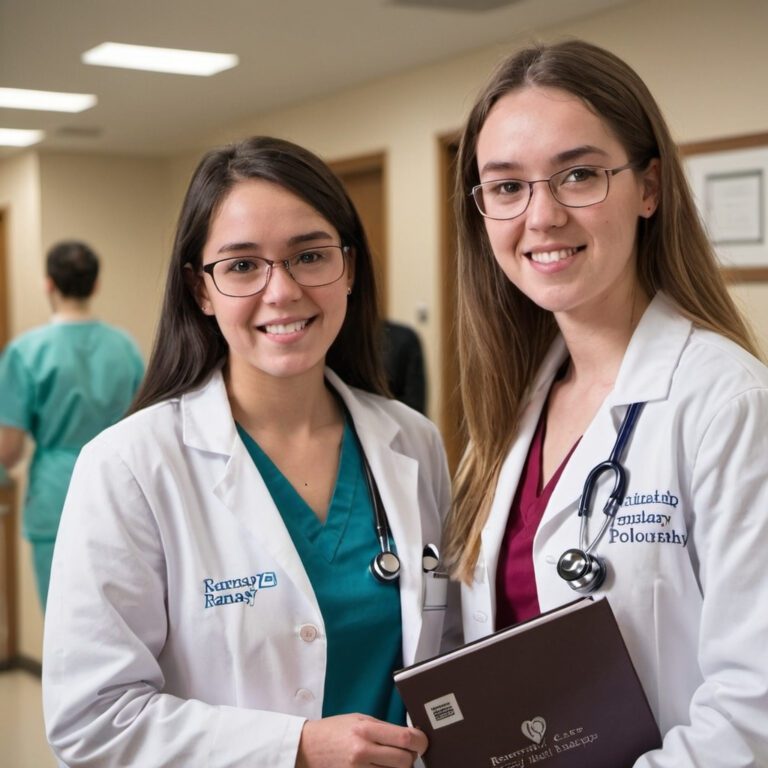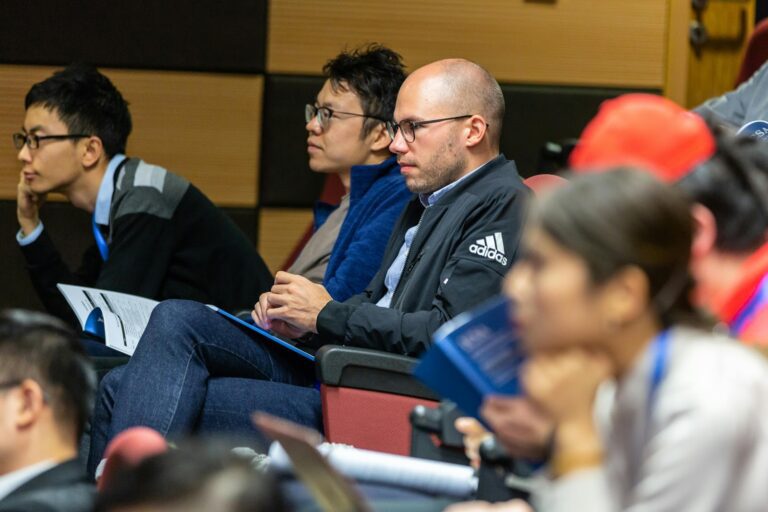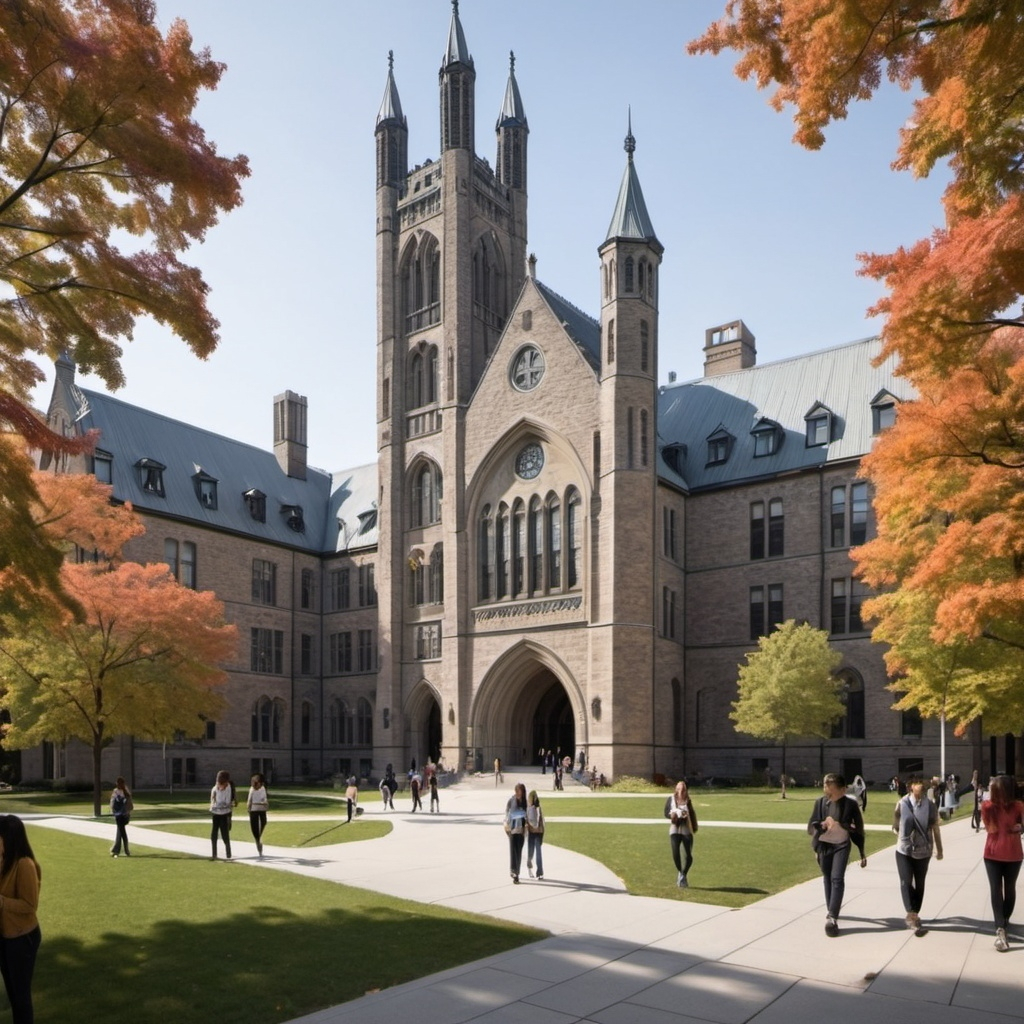Orange Knowledge Programme (OKP): Empowering Global Education and Development
The Orange Knowledge Programme (OKP) is a significant initiative funded by the Dutch Ministry of Foreign Affairs. Managed by Nuffic, the Dutch organization for internationalization in education, OKP aims to advance the development of knowledge and capacity in various fields within developing countries. The programme focuses on improving skills and knowledge for societal development and is an embodiment of the Netherlands’ commitment to fostering global education, sustainable development, and international cooperation.
Objectives
The primary objectives of the OKP are:
1.Capacity Building: Strengthening the educational systems and capacities of organizations in developing countries.
2. Societal Development: Contributing to sustainable development and addressing global challenges such as poverty, climate change, and social inequality.
3.Mutual Benefit: Enhancing cooperation between Dutch institutions and their counterparts in the target countries, promoting mutual learning and exchange of knowledge.
Key Components
OKP is structured around several key components designed to achieve its objectives:
1.Individual Scholarships: These scholarships are awarded to professionals from target countries, enabling them to pursue short courses, master’s programmes, or advanced studies in the Netherlands. The scholarships cover tuition fees, travel expenses, insurance, and living costs.
2. Institutional Partnerships: OKP supports collaborative projects between Dutch institutions and organizations in partner countries. These partnerships focus on capacity building, curriculum development, and research initiatives.
3. Tailor-Made Training (TMT): Tailor-made training programmes are designed to meet the specific needs of organizations in the target countries. These short-term training courses address various sectors such as agriculture, health, water management, and governance.
Target Countries
The OKP targets professionals from 53 countries across Africa, Asia, Latin America, and the Middle East. The selection of these countries is based on the development priorities of the Dutch government and the needs of the target regions. Some of the key target countries include:
- Africa: Ethiopia, Ghana, Kenya, Nigeria, Uganda.
- Asia: Indonesia, Bangladesh, Myanmar.
- Latin America: Colombia, Peru.
- Middle East: Jordan, Lebanon.
Focus Areas
The programme places a strong emphasis on specific thematic areas that are crucial for sustainable development:
1.Food Security: Enhancing agricultural productivity, food safety, and sustainable agricultural practices.
2. Water Management: Improving water resource management, water supply, and sanitation.
3.Sexual and Reproductive Health and Rights (SRHR): Promoting healthcare access, gender equality, and reproductive health education.
4. Security and Rule of Law: Strengthening legal systems, promoting human rights, and improving public safety.
Impact and Success Stories
Since its inception, the OKP has made significant strides in promoting global education and development. Numerous success stories highlight the transformative impact of the programme:
1.Empowered Professionals: Thousands of professionals have gained advanced knowledge and skills, enabling them to contribute effectively to their home countries’ development.
2. Strengthened Institutions: Educational institutions in partner countries have benefited from improved curricula, enhanced research capabilities, and strengthened administrative capacities.
3. Sustainable Projects: Many collaborative projects have led to sustainable solutions in sectors like agriculture, water management, and health, directly benefiting local communities.
Conclusion
The Orange Knowledge Programme stands as a testament to the power of international collaboration and education in addressing global challenges. By empowering individuals and institutions in developing countries, the OKP fosters a more equitable and sustainable world. Through continuous support and innovative approaches, the programme continues to make a lasting impact on global development and knowledge exchange.







